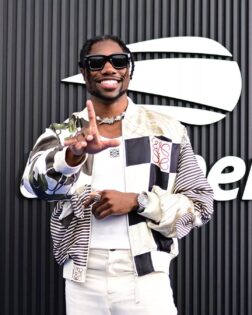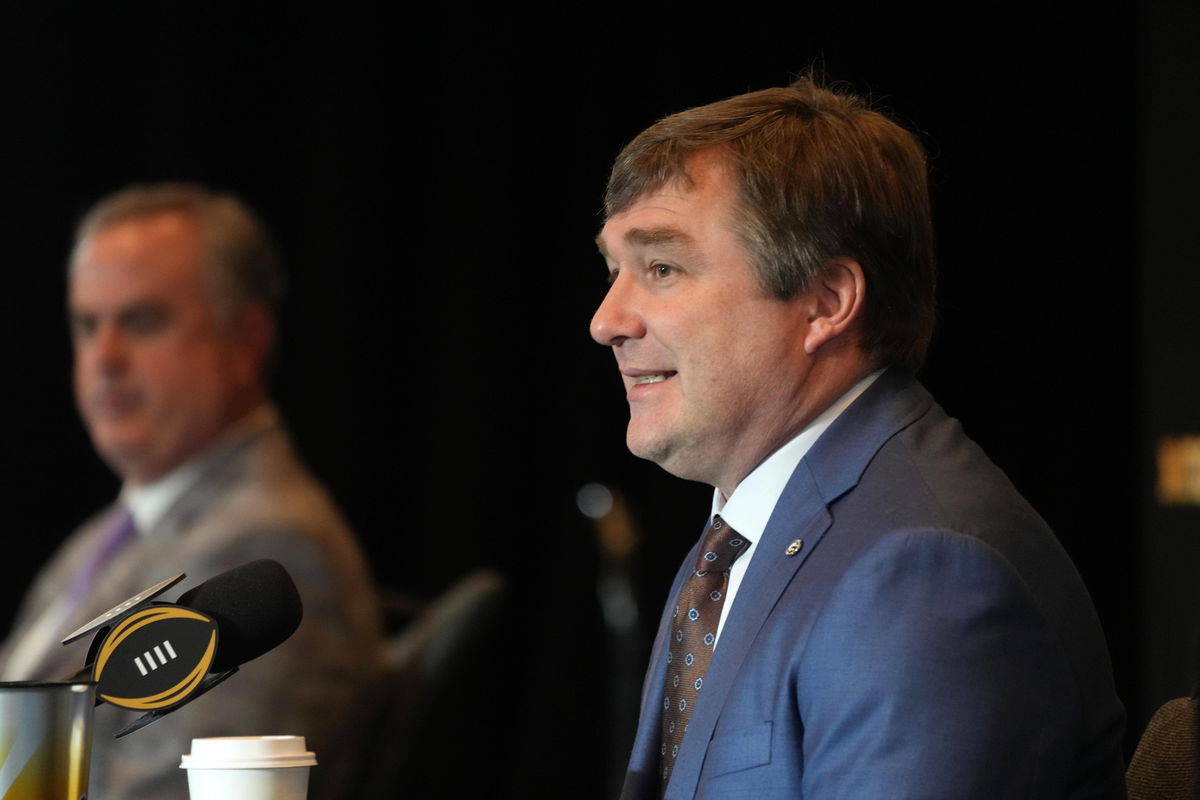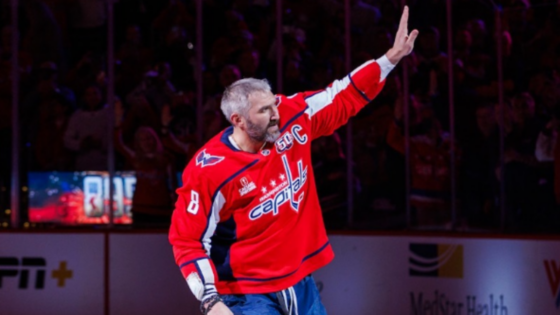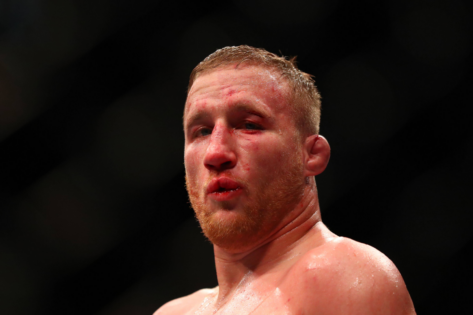Now we all know that Noah Lyles is infamous for his controversial takes and his bold claims. But beyond that, he is someone who isn’t just chasing Bolt’s shadow. He is bravely stepping up to challenge the very system he thrives in. He has become a powerful voice for financial fairness, tirelessly shedding light on how, despite the immense glitz and glamor of the Olympics, many athletes are left struggling financially. His latest, most direct shot? A bold takedown of the International Olympic Committee’s (IOC) incredibly tight grip on who gets to be an Olympic sponsor. So, what exactly did he say that’s got the whole sports world buzzing?
Speaking candidly on a YouTube channel, Lyles held absolutely nothing back. “The Olympics are making a butt-ton of money,” he declared, his frustration clear. “The IOC Olympic Committee controls who gets to be an Olympic sponsor.” He then pulled back the curtain on the IOC’s infamous “40-day rule,” a restriction that tightly confines athlete sponsorships to a mere 40-day window surrounding the Games.
“When I put on my jersey for the Olympics now, I am a part of the 40-day rule,” Noah Lyles explained, painting a vivid picture of the constraints. “The only people who can monetarily promote me as a sponsor are somebody who’s been there before the 40 days or somebody I’ve signed a contract with that has Olympic sponsorship.”
This rule, he passionately pointed out, effectively locks out his loyal, long-term partners like Adidas, who’ve stood by him for nine years, from celebrating his hard-won victories during the very peak of his career at the Games. Meanwhile, he highlighted how big players like Comcast can swoop in during Olympic years, leveraging their IOC-approved status to their massive advantage.
Why does this fundamental imbalance matter so much? These tight restrictions brutally choke off athletes’ potential to earn a fair living. Think about it: while the IOC hauled in a staggering $50 billion from advertising and subscriptions between late 2023 and late 2024, most athletes, the very heart and soul of the Games, are barely scraping by.
Lyles’s courageous stand isn’t just about his own pockets; it’s a powerful and much-needed call to completely rethink a system where the athletes are the undeniable stars, but shockingly, not the primary beneficiaries. The burning question now echoing through the athletics world is: Can Noah Lyles’s powerful voice truly ignite the spark for real, systemic change?
Noah Lyles earlier took potshots at the Grand Slam Track
Noah Lyles, the king of Olympic sprinting, isn’t just taking on the big dogs like the IOC; he’s also got his sights set on the new kid on the block: Grand Slam Track (GST). This fresh-faced league, which kicked off earlier this year, is waving some serious prize money around—way more than what the established Diamond League offers—hoping to lure athletes with hefty paychecks.
But Lyles, always the straight shooter, isn’t impressed by the shiny new toy and hasn’t held back about its wobbly start. While some top runners conveniently blamed “scheduling conflicts” for skipping out, Lyles dug deeper, pointing out the league’s glaring lack of buzz and crucial backing. So, why’s he so underwhelmed? Back in March, on his “Beyond The Records” podcast, Lyles laid out his concerns about GST’s preparation.
“Money isn’t always the main driver for me,” he stated, adding, “Honestly, even now, looking at it, we’re two months out, and I’m wondering, who are your outside sponsors? Who are your non-track and field sponsors?” He confessed he hadn’t even heard of a sponsor for something as basic as the starting blocks. He pushed for big-name partnerships—think watch brands or betting companies—but all he heard was silence.
“I haven’t seen a commercial, I haven’t seen promos,” he added, flat-out criticizing the league’s athlete-focused ads as pretty boring. Lyles also dropped a hint that the whole launch felt rushed, with the idea first popping up during the Paris Olympics, leaving many athletes feeling hesitant. With Grand Slam Track struggling to truly grab attention, the big question is, can it ever truly win over stars like Lyles and establish itself as a serious player?
The post Fighting for Financial Equality, Noah Lyles Exposes IOC’s Major Role Behind Sponsorships appeared first on EssentiallySports.



